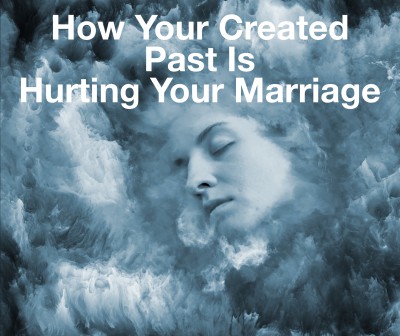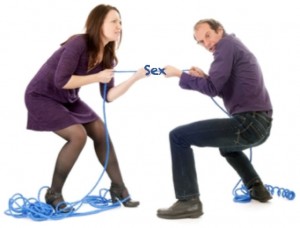Rewriting the Past
https://savethemarriage.com/stmblog/wp-content/themes/corpus/images/empty/thumbnail.jpg 150 150 Lee H. Baucom, Ph.D. Lee H. Baucom, Ph.D. https://secure.gravatar.com/avatar/669b7e375d93f77521ddaba08adb8063?s=96&d=blank&r=pg Sounds so philosophical, doesn’t it? Your “created past.” What is that?
Sounds so philosophical, doesn’t it? Your “created past.” What is that?
We all do it. We remember things based on our emotional state, not on what happened. When someone hurts us, we think back on the other times they hurt us. When someone is kind and loving, we think back on the other loving times.
When a couple is connected, they remember connection. When they are disconnected, they remember disconnection.
We rewrite the past, based on the present situation. Usually, we just think about how the past led to the present. But where we are forms what we think about where we have been.
If you are wondering why your spouse can’t remember the happier times, can’t remember the passion, can’t remember the connection, this is it. The memories are being selected and created based on the current pain and disconnection.
Let’s talk more about this in the podcast below:
RELATED RESOURCES:
Connection And Marriage
Perceptions In Marriage
Fears In Marriage
Restoring Your Marriage
Podcast: Play in new window | Download
Subscribe: RSS







